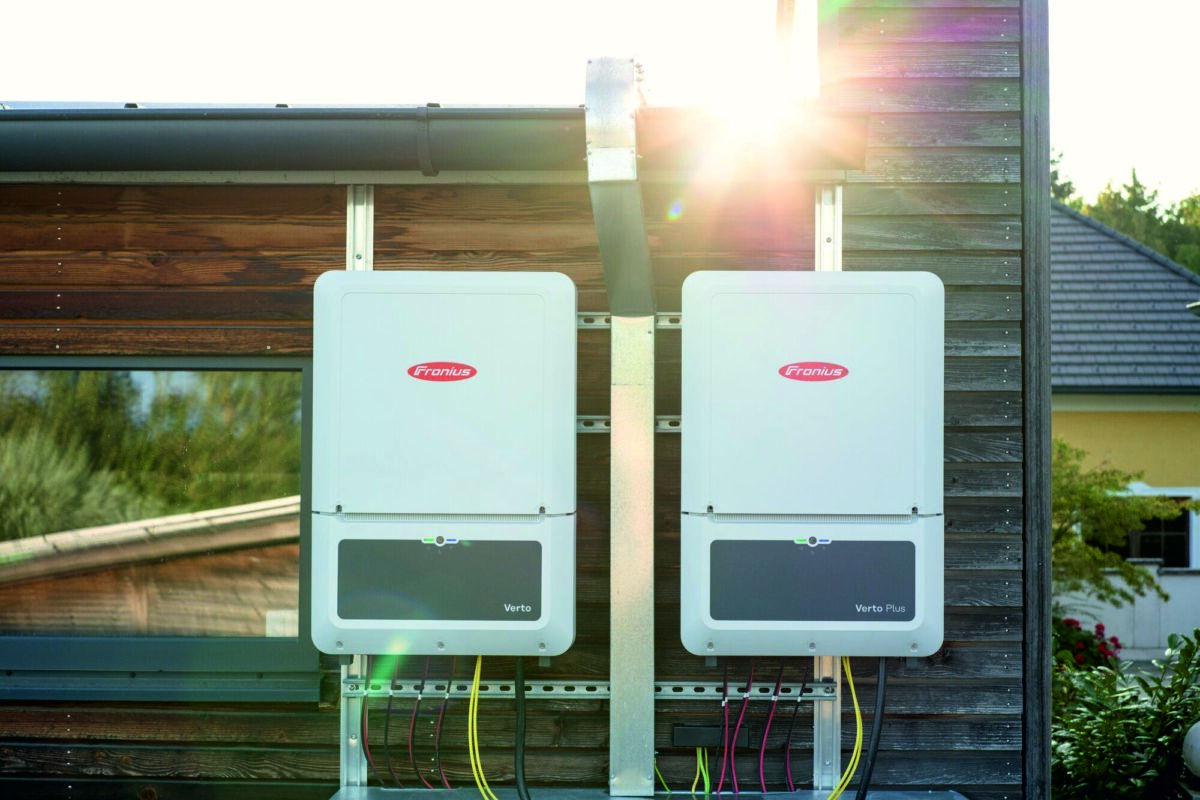Vacuum cleaners, noisy-but-effective hand dryers, air purifiers, and soon: electric vehicles (EVs) – British engineering firm Dyson looks poised to enter this increasingly competitive EV space with the launch in 2020 of a new battery-powered car.
The Wiltshire, England-headquartered company will spend a total of £2 billion ($2.7 billion) on the project, with £1 billion invested in the vehicle’s development and the remaining £1 billion steered into researching and manufacturing the battery.
Dyson founder and inventor Sir James Dyson has said that although the car exists only in blueprint right now, he is confident that it will be a “radical” addition to a space already crowded with some of the most respected names in automotive technology, including Tesla, BMW, Toyota, Jaguar, Mercedes, Nissan and Hyundai.
“Competition for new technology in the automotive industry is fierce and we must do everything we can to keep the specifics of our vehicle confidential,” Dyson wrote to his 400-strong staff. According to the BBC, Dyson has been keen on developing an electric vehicle since the 1980s, and told a press gathering that the Dyson EV will be unlike anything else on the market, and will “not be cheap”.
Despite the sparse details offered, Dyson’s announcement was enough to trigger waves of excitement throughout the EV space – prompting the U.K.’s Renewable Energy Association (REA) to urge the government to incentivize greater domestic battery and EV manufacturing by developing a nationwide charging infrastructure strategy.
“There is major opportunity for U.K. firms, including those not traditionally associated with the automotive supply chain, to be involved in the EV industry,” said the REA’s head of EVs, Matthew Trevaskis.
“Any EV charging strategy should include the introduction of smart tariffs, three-phase power supply into new homes, ubiquitous access to charging where we live, work and play, and the incorporation of renewable power and energy storage systems to reduce grid stress,” Trevaskis added.
“It is excellent to see new companies entering the space, creating new competition, and driving fresh innovation in the sector. Having already acquiring Sakti3, a solid-state battery company, and being well-versed in developing electric motors, albeit on a smaller scale, Dyson may have the majority of the building blocks in place to be a real contender in the electric vehicle market.”
The U.K. government has made the right noises on EVs in the past, increasing funding for the industry in November last year, specifically: £80 million ($99 million) invested towards installing charging points for ultra-low emission vehicles; £150 million ($186 million) to provide at least 550 new electric and hydrogen buses and reduce the emissions of 1,500 existing buses and support taxis to become zero emission, and another £100 million ($124 million) towards testing infrastructure for driverless cars.
This content is protected by copyright and may not be reused. If you want to cooperate with us and would like to reuse some of our content, please contact: editors@pv-magazine.com.



By submitting this form you agree to pv magazine using your data for the purposes of publishing your comment.
Your personal data will only be disclosed or otherwise transmitted to third parties for the purposes of spam filtering or if this is necessary for technical maintenance of the website. Any other transfer to third parties will not take place unless this is justified on the basis of applicable data protection regulations or if pv magazine is legally obliged to do so.
You may revoke this consent at any time with effect for the future, in which case your personal data will be deleted immediately. Otherwise, your data will be deleted if pv magazine has processed your request or the purpose of data storage is fulfilled.
Further information on data privacy can be found in our Data Protection Policy.